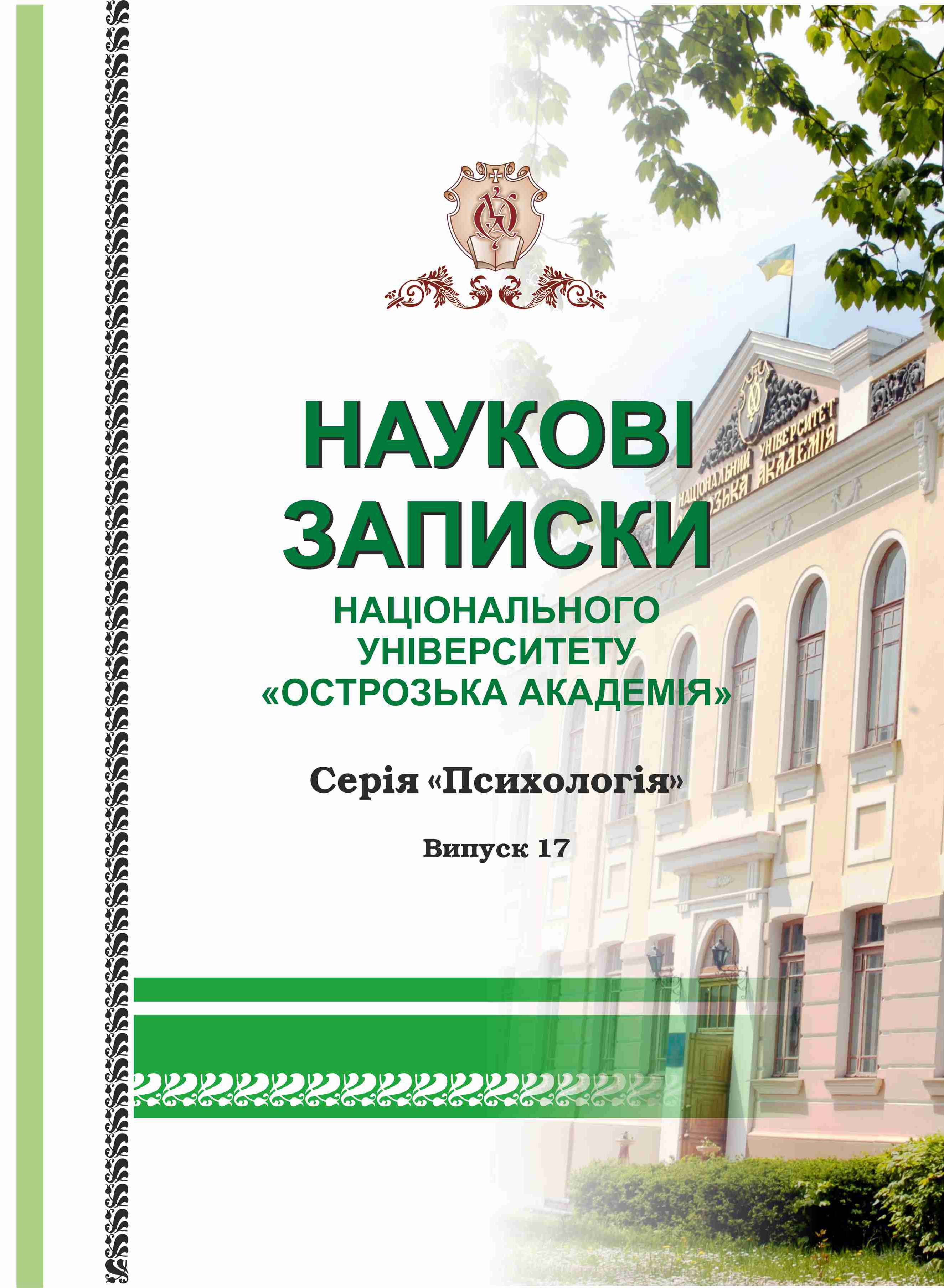PARADIGMATIC ANALYSIS OF UNDERSTANDING: PERFORMATIVE ASPECT
Keywords:
psychology of understanding, thinking, psychological paradigm, performance, performativity, activity, higher educationAbstract
The article proposes a paradigmatic analysis of understanding in three psychological traditions, in particular, cognitive, hermeneutic, and existential, considering performative theory's conceptual and theoretical foundations. The study shows that each paradigm offers its vision of the problem of understanding, where the performative aspect is implicitly or explicitly present in the reflective activity, self-knowledge, and value-sense construction of the subject, usually in the educational environment.
The performative dimension of the cognitive paradigm involves active and creative involvement in mental development, where it is essential not so much to learn as to comprehend knowledge, which corresponds to the performative-cognitive interpretation of understanding. As the study shows, understanding is not a separate or detached process from reality but a direct part of it. A person learns to think and understand while interacting with others, embodying and varying knowledge. In this context, thinking and understanding are not simply a passive reflection of the world but an intervention in its nature, where word and action coincide in performance.
The hermeneutical paradigm interprets understanding as a set of interpretations created from perceiving a text and its author in a specific socio-cultural reality, where each interpretation corresponds to a particular performance. As a performer, each interpreter adds something new to the understanding of the text and its creator. Thus, in this way, the development of thinking occurs, its assertion in new thinking operations. Understanding is not so much the knowledge gained as the process of its gradual comprehension through performative activity.
The existential paradigm considers understanding as a manifestation of existence, i.e., each way of being and performance corresponds to the individual's choice, decision, and responsibility for his/her activities. All of this shows that the performative aspect shifts the emphasis in the perception of understanding as a detached thought process from reality, suggesting that we consider an active, body-oriented way of constructing knowledge about the world and human beings. The performative aspect of this paradigm is each individual's creative, open activity.
The paradigmatic analysis of the traditions above proved that the subject learns to think and understand by actively interacting with others. During this interaction, as a performance, thinking becomes tangible and visible, and thus, through language and body, becomes part of the creation of the surrounding reality. The research prospect is to study the performative interaction of language and body in thinking, meaningfully creating the subject and his/her world.


